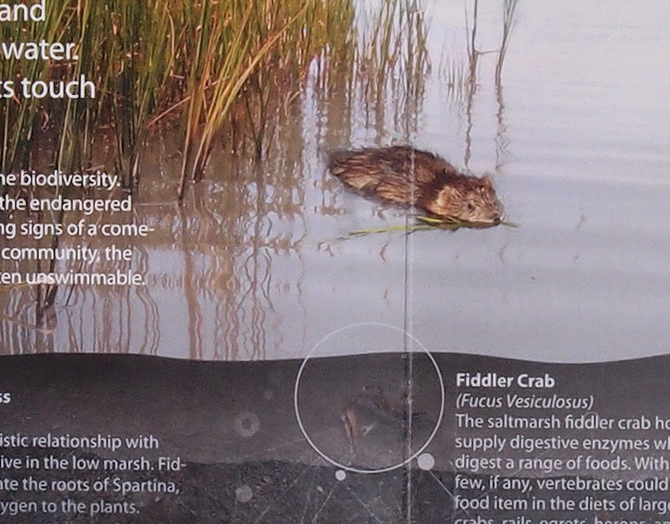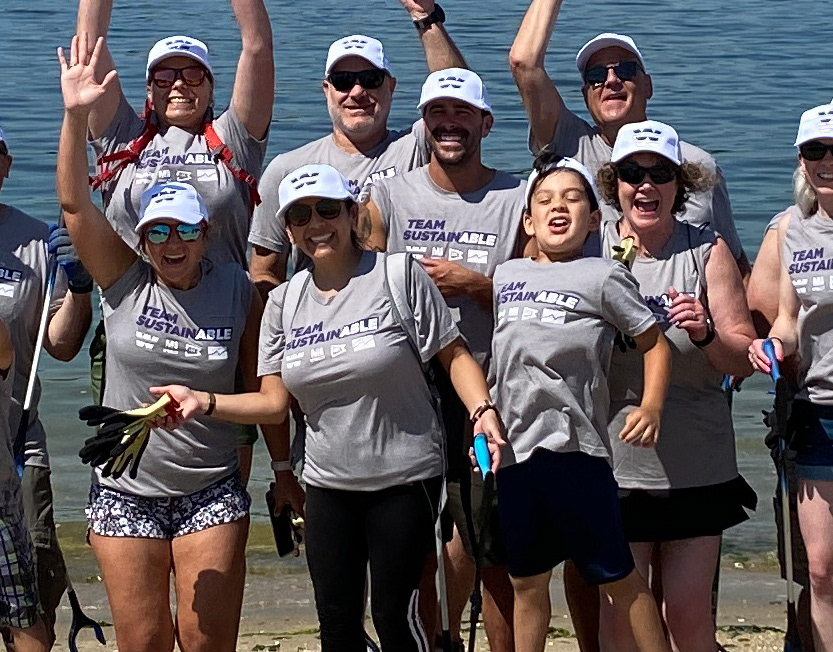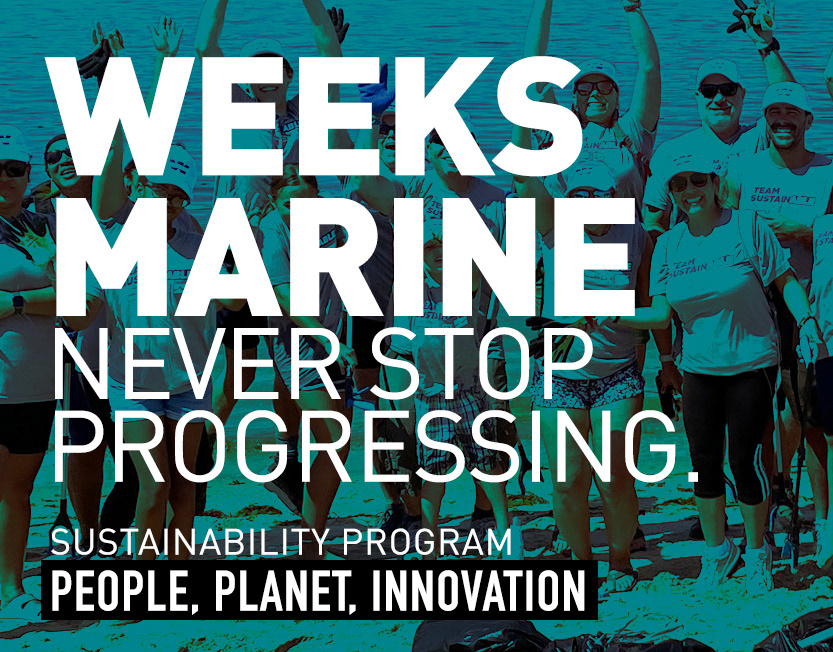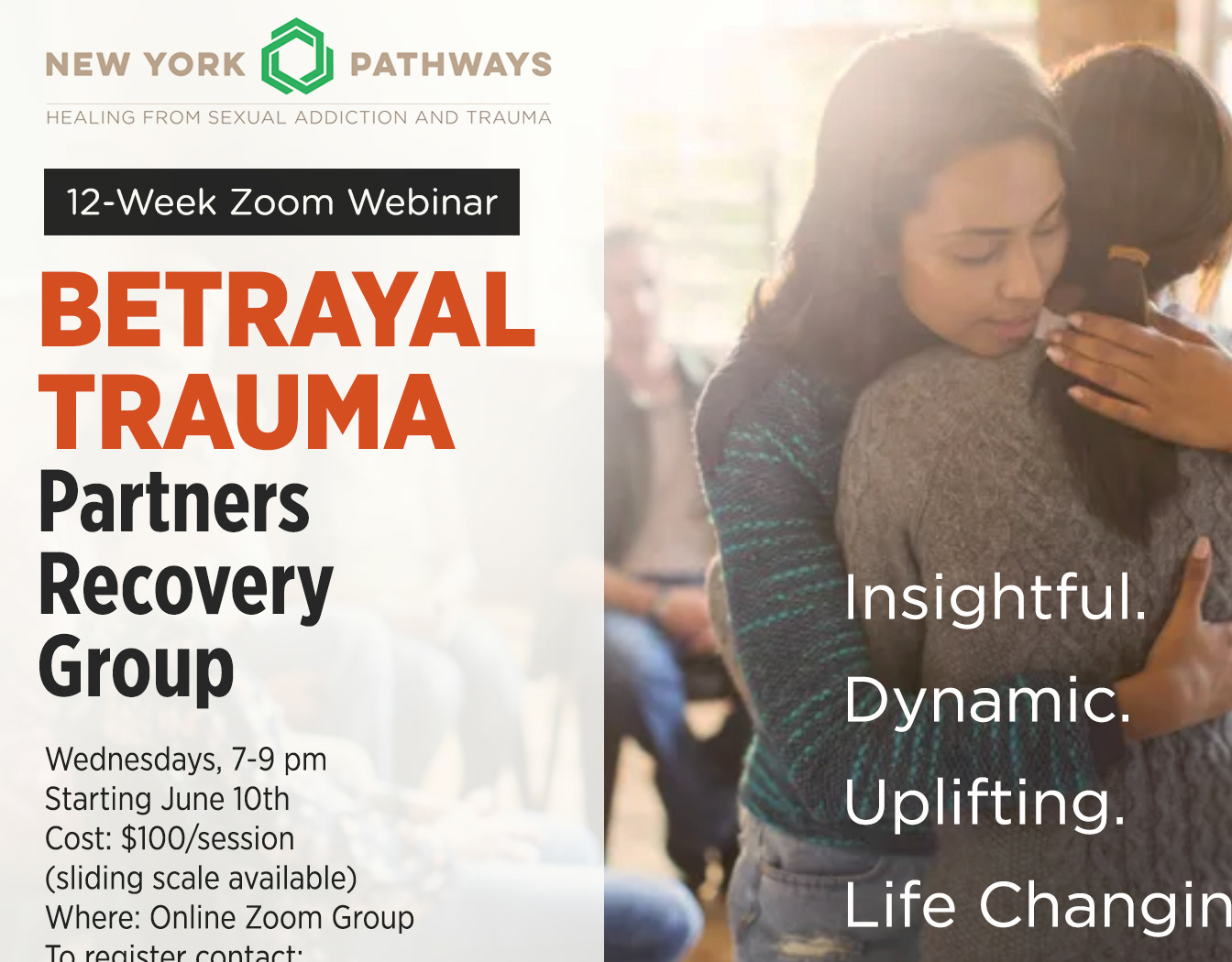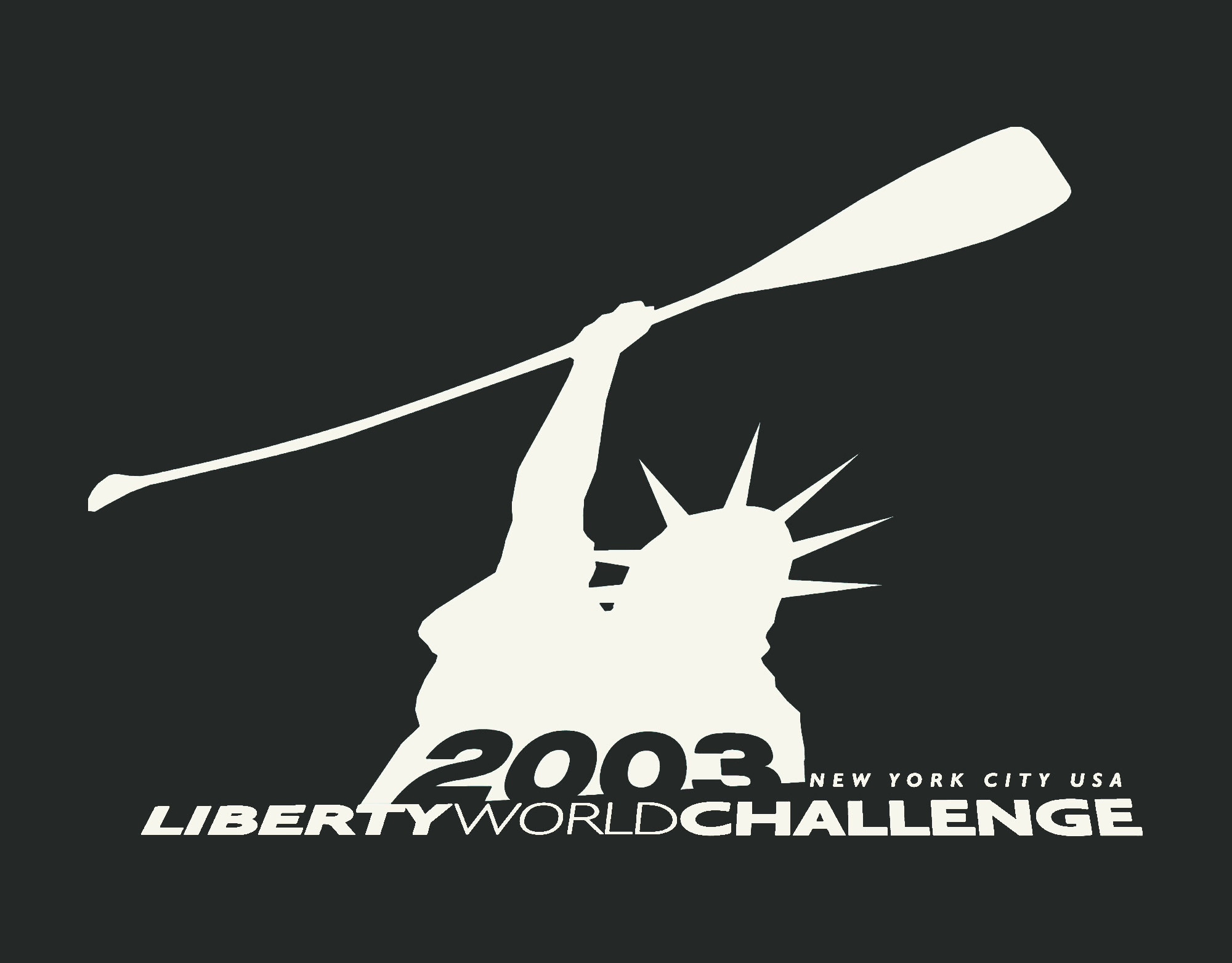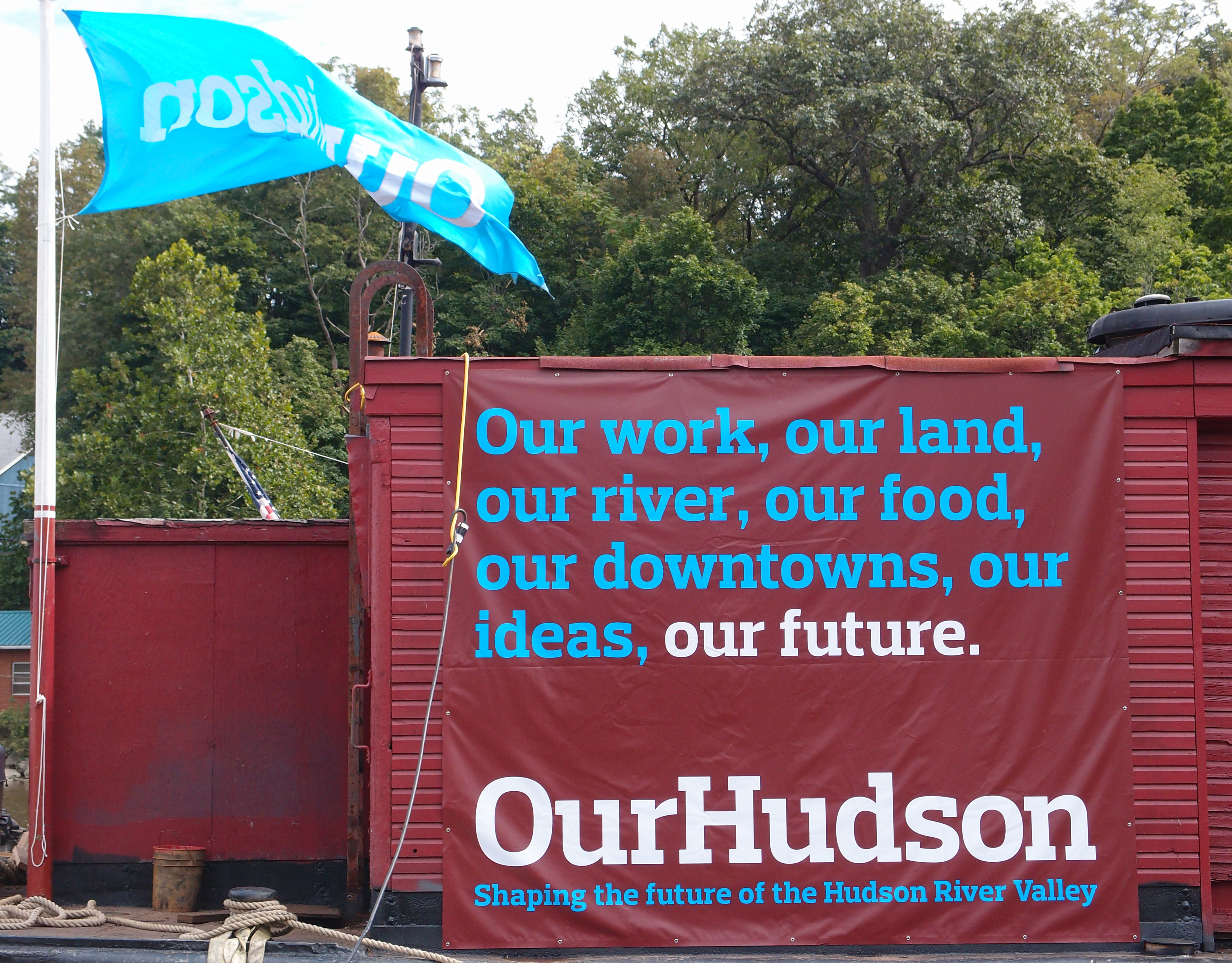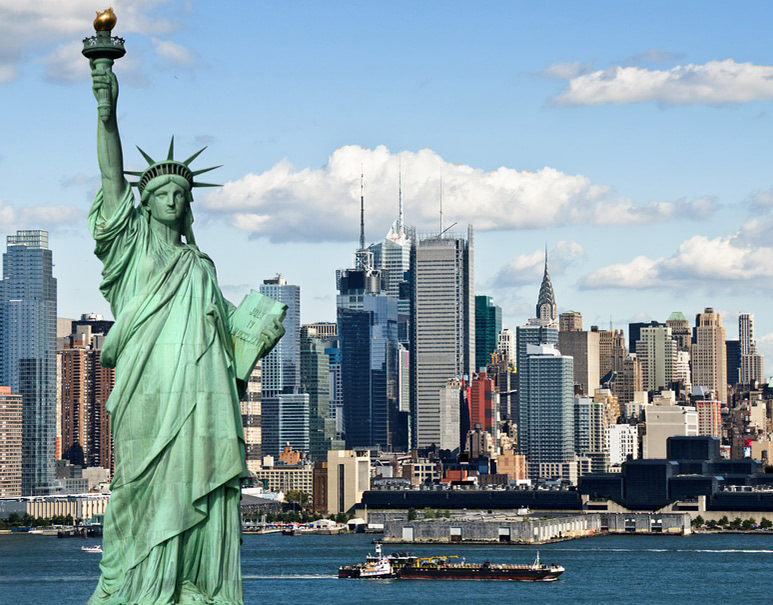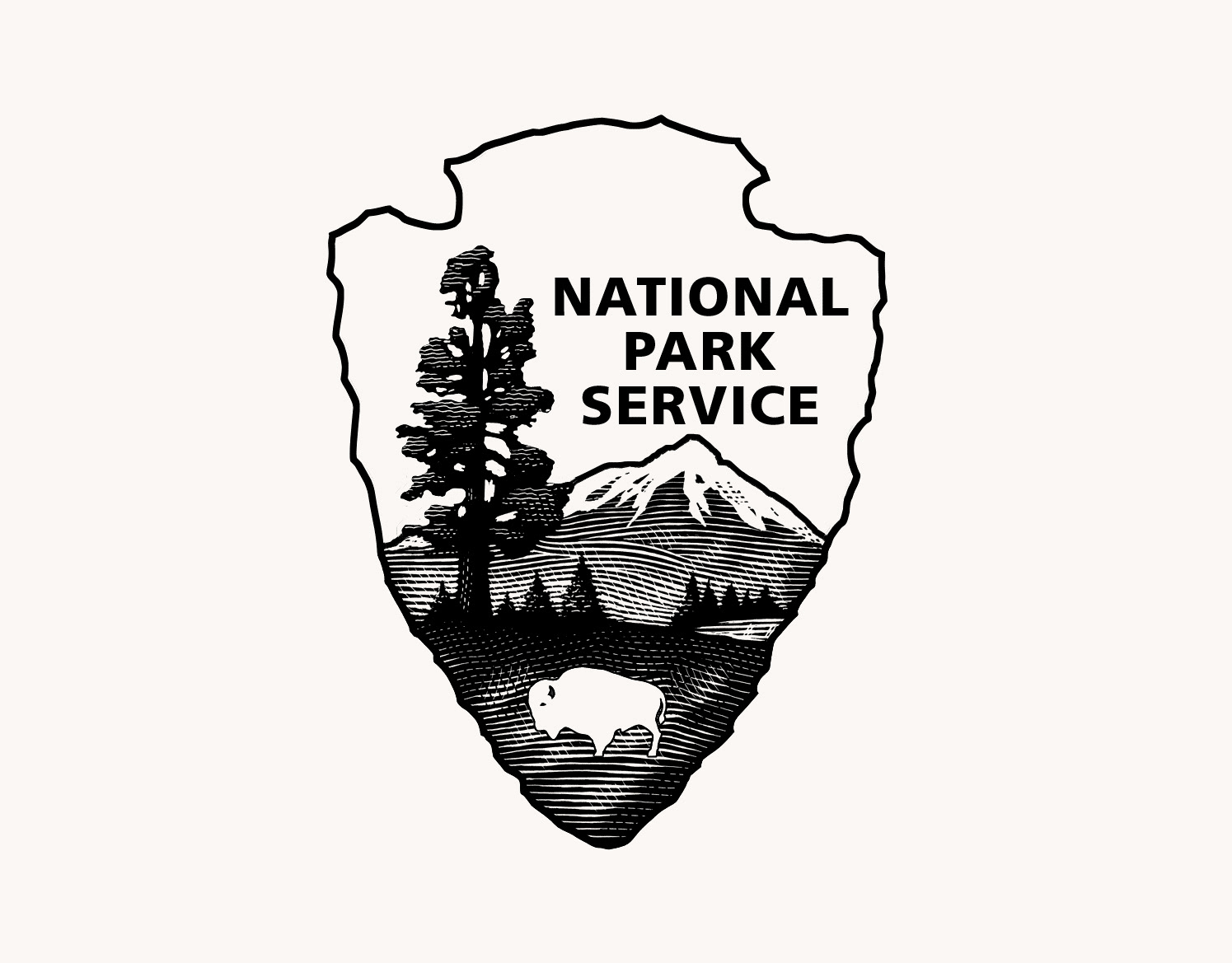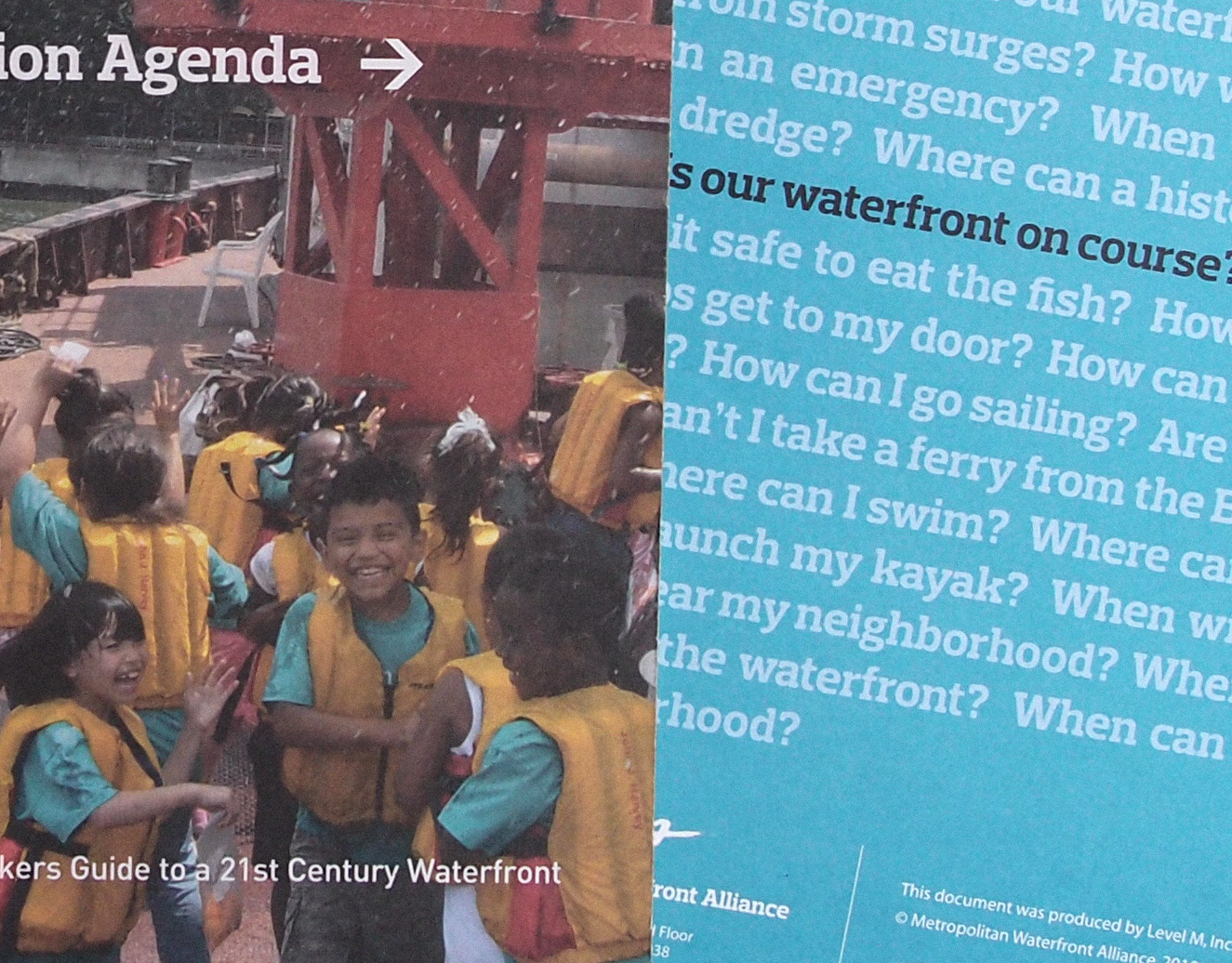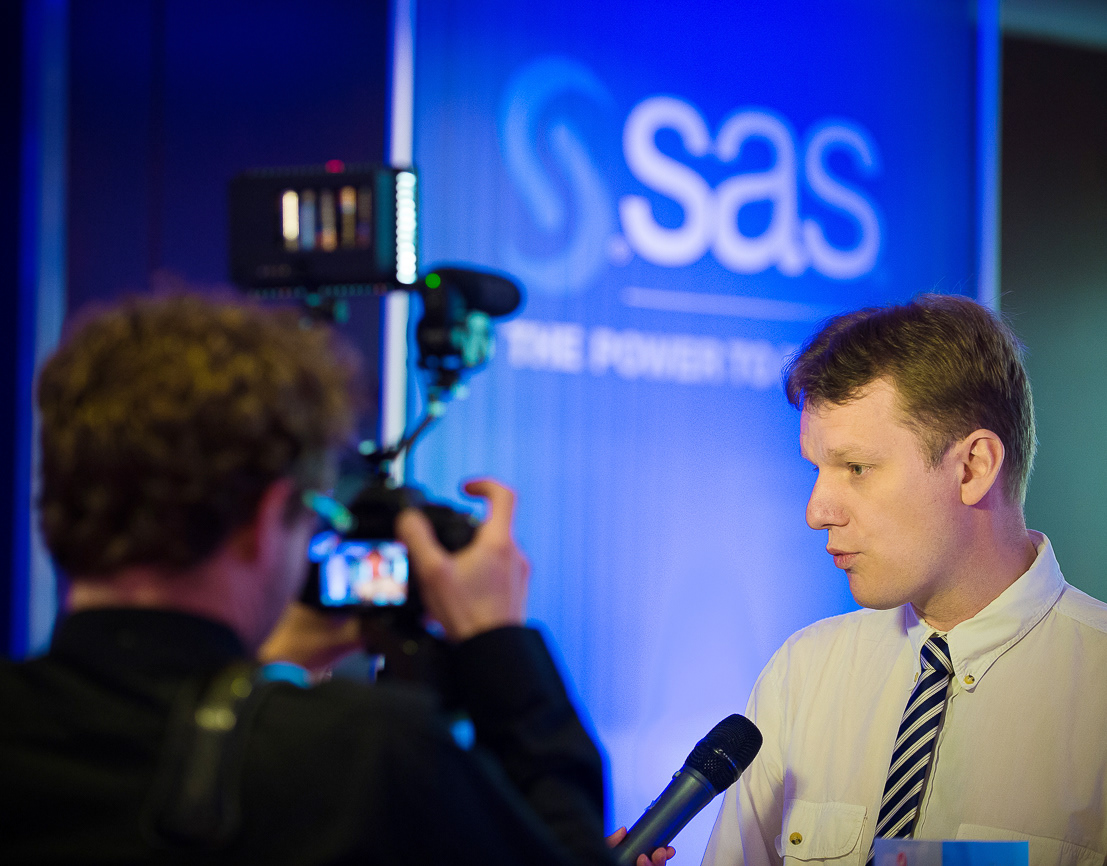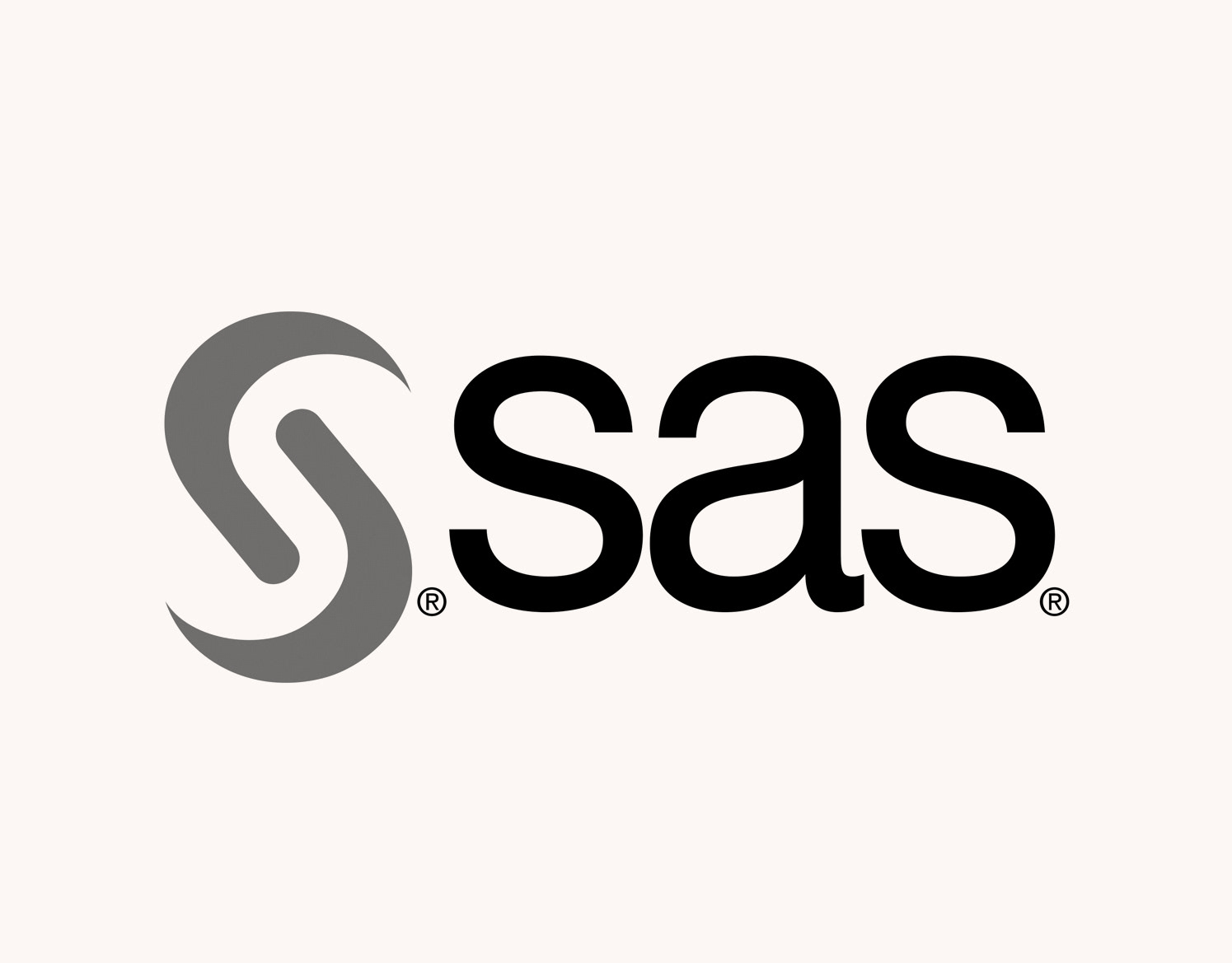The Waterfront Action Agenda
Client: Waterfront Alliance
The policy document that was a driving force to the creation of NYC’s Vision 20/20 Waterfront Plan and the Hudson River Estuary Action Agenda, a program of New York State Department of Environmental Conservation.
The Waterfront Alliance convened an unprecedented series of strategy sessions with participants from over 240 agencies and organizations. Level M structured the ideas from these strategy sessions into The Waterfront Action Agenda, turning it into a powerful vision and policy platform for the region.
State of the Waterfront: Is Our Waterfront on Course?
Client: Waterfront Alliance
The next-level follow-up to the Action Agenda, is State of the Waterfront, the start of a comprehensive report card for the region and political leadership. The publication led to creation of the Harbor Scorecard and other strategies to help quantify and track waterfront progress.
By comparing Congressional Districts and City Council Districts including the disparities of waterfront neighborhoods, what needs fixing, and what deserves celebrating, the report card helps guide political leadership in the creation of sound waterfront policies.
NYC’s Climate Change Report
Client: New York City Department of Environmental Protection
Produced the first Climate Change Report for New York City Department of Environmental Protection in concert with HydroQual Environmental Engineers. The policy report was presented to congress and led to the creation of the Mayor's Office of Sustainability.
Life Signs: An Explorer’s Guide to the Biodiversity of Northern Manhattan
Client: Conservancy North
The wayfaring guide highlights the environmental challenges of the last remaining salt marsh and old forest of Manhattan via a virtual walking tour. More than a tool to raise awareness of Northern Manhattan stewardship efforts, the brochure outlines the need for a deeper policy commitment to biodiversity across economic development, education, health, and community activation. It was presented
Waterfront Community Stewardship Zones (WCSZ)
Client: Conservancy North
A policy recommendation for unlocking the socio-economic power of New York City's waterfronts. The proposal was presented at a Waterfront alliance Deep Dive at Pace University to New York City Department of Economic Development, City Planning, City Parks, and other waterfront stakeholders.
An excerpt: It is no accident that New York City was founded on the Hudson Estuary so why have we lost touch with the socio-economic potential of our waters? It’s not the demise of the sturgeon and other biological services that forecloses neighborhood waterfront cultures to flourish, though it doesn't help. Rather our current model of public space management, for all of its contribution to the quality of life of New Yorkers, has gone too far to stifle small-scale local economic activity on the water’s edge so critical for a waterfront culture to thrive. Now more than ever, we need to encourage entrepreneurship and problem-solving, nonprofit or not, in a manner that aligns us, as stakeholders, stewards, and consumers; and accordingly a public space model that integrates economic development with stewardship, recognizing that our economic activity is part of the estuary and other natural systems.


